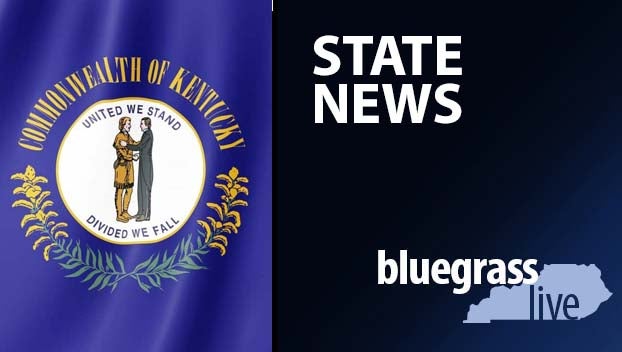Lawmaker wants state to invest in future, one kindergartner at a time
Published 4:22 pm Tuesday, September 21, 2021
Kentucky lawmakers voted this year to pump considerably more state money into full-day kindergarten, but the extra spending was limited to just one school year. Now a Republican legislator wants to turn that one-time support into a permanent commitment.
Rep. James Tipton said he has prefiled a measure for next year that would secure state funding to cover the entire cost of full-day kindergarten as a permanent expenditure. The Taylorsville lawmaker said the additional spending would have far-reaching benefits for the Bluegrass State.
“We know that this investment will pay off in dividends for not only the children in our classrooms, but also our efforts to grow our economy, create jobs and improve our quality of life,” Tipton said in a news release Tuesday.
Tipton prepared the legislation for the 2022 session, which begins in early January. He’s a member of the House budget committee and is co-chairman of a task force studying K-12 funding.
Education leaders and advocates have long pushed for more kindergarten and preschool funding.
Full-day kindergarten is common across Kentucky. Until the current school year, districts received state funding for half-day kindergarten, with districts using local taxpayer money to pay for the rest of the costs for full-day classes.
On the final day of this year’s regular session, the Republican-led legislature allocated $140 million in state funds to pay for full-day kindergarten. The expenditure only covered the current school year. It was first added and later removed from a contentious measure allowing public tax credits — in the form of scholarship tax credits — to support private school tuition. That legislation is currently being challenged in court. The extra state funding for kindergarten reemerged in another bill that overwhelmingly passed the legislature.
By having the state cover the entire tab for full-day kindergarten, the goal is to eliminate “any opportunity gaps” and help children reach their full potential, Tipton said.
“That starts with creating clear, affordable pathways for learners to grow and succeed,” he said. “Not only is kindergarten their first classroom experience, but the concepts taught pave the way for a lot of basic skills each of us uses in everyday life.”
The full state funding commitment for kindergarten would free up money for local districts to assist children who have fallen behind during the COVID-19 pandemic, Tipton said.
Tipton’s proposal will compete with a multitude of other spending proposals next year when lawmakers craft the state’s next budget.
On the federal level, President Joe Biden has included universal pre-kindergarten as part of his proposed investments in families and education — a massive package being considered in Congress.






